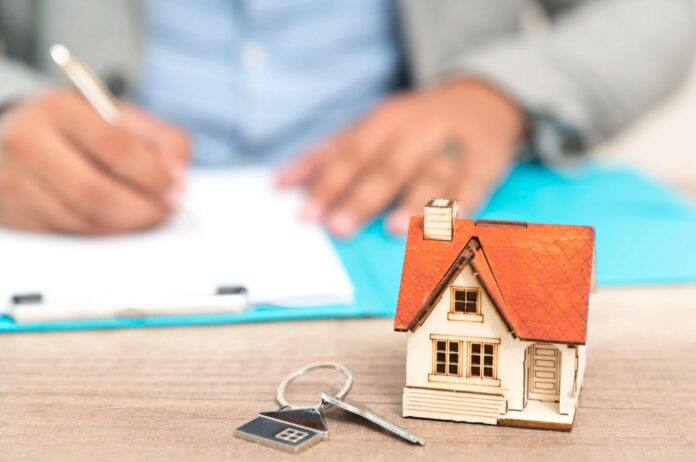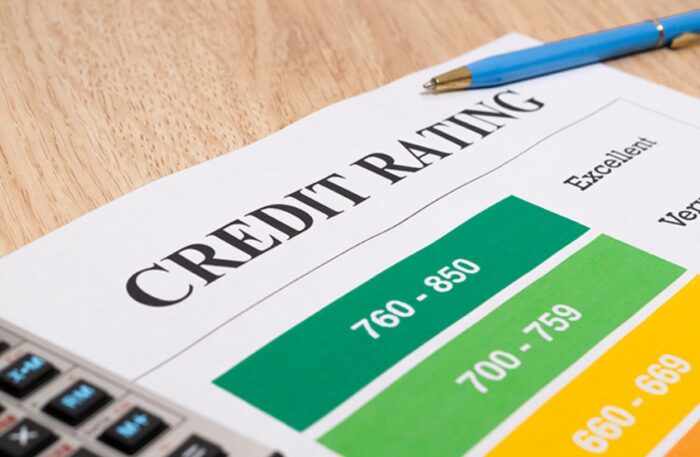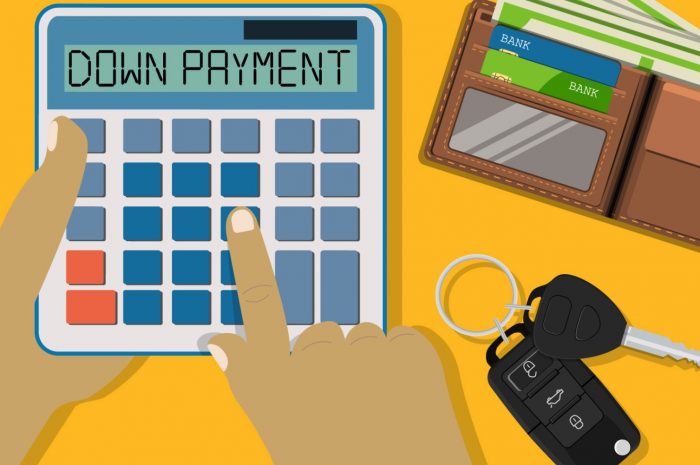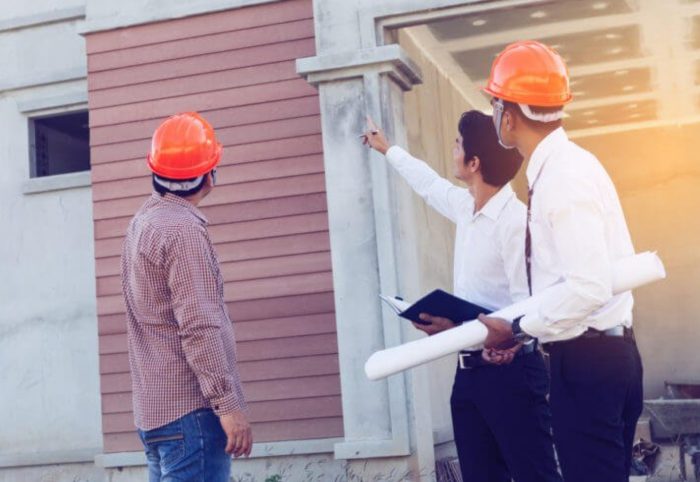
If you have investment dollars to spend, the current stock market volatility may be making you nervous. In addition, the US job market has taken a serious hit, so starting a side business offers limited appeal. To put your money into something that will last and provide returns, many investors are looking at real estate to weather the coming economic dip.

Your Credit Rating
You’re going to need to borrow money to invest in real estate. In fact, by owning rental properties, you can
- increase your credit rating while your tenants pay back the loan
- get tax breaks on the properties in your portfolio
- take the mortgage deduction tax credit on the loan your tenants cover
While the benefits above are nice, you’re still going to need to be credit-worthy to get the best deals. There are several online tools you can use to check your credit rating, such as CreditKarma.com.
While you’re checking your credit rating, order a free copy of your report that you can review thoroughly for errors. Be very careful with this review, as simple errors, such as a transposition of numbers in entering a social security number, can leave a loan on your credit report once it’s paid off.
If your credit rating is poor at the moment, there are things you can do to change it. Check your current balance to available credit. If you only have two credit cards but they’re close to maxed out, consider consolidation of the debt and a rollover to multiple cards to expand the gap between current balance to available credit. If possible, you want to stay under 70%.

Find a Down Payment
Most traditional banks won’t give you a loan for rental properties of more than 80% of the property value. If you can get such a mortgage, you’ll need to pay private mortgage insurance or PMI.
PMI is calculated as a percentage of the original loan value until the loan value drops below 80% of the home value. Expect to pay between .5% and 2.25% each month until you cross the 80% milestone. If the value of your home goes up before you get to the 80% milestone, you can request a valuation or appraisal to bump up the value of the home with your mortgage company. Be prepared to pay for this valuation even if it doesn’t help.
If you already own property, you can use the equity in your current house to serve as a down payment for your investment properties. This will require you to refinance your current home with your current lender, or a new one. If your current lender finances investment properties and is willing to work with you on your investment portfolio, put this relationship to work. If your current mortgage holder doesn’t work with investors, consider moving your mortgage.

Work With A Professional Realtor
Working with a realtor you connect with is key to buying investment properties. Make sure they’re a good fit with your communication style. A good way to screen out the wrong realtors is to find a property for sale that you’re interested in on Zillow or Realtor.com. Send a note via the app on the property and request a specific form of contact, such as email or text. If you hate talking on the phone, state that you want no phone calls.
The first realtor to respond in the way you want is probably the one that will work best for you. The real estate business has changed tremendously in the past several years. You want a realtor who can help you find properties before they’re listed, and these connections take strong relationships.
Your realtor will also protect you from risky contracts and poorly worded agreements. Be ready to change realtors if you ever feel your interests aren’t being served.
If you happen to be looking to buy a home or condo in the Scottsdale Arizona area we recommend looking up The Kay-Grant Group. As they are one of the highest rated in the area.

Have an Inspection Done
Home inspectors can help you find out if appliances are bad or if the plumbing is sluggish. Depending on your area of the country, home inspectors can have extensive training requirements they must meet. Be aware that many sellers offer an inspection report.
While an inspection is important, your investment decisions will require more detail. You want to hire a contractor or handyman that you trust to check out the property. These inspectors are checking the stability of the building. Your inspector should
- be your responsibility to schedule
- be paid directly by you
- get under the house, look at the foundations, and crawl up into the attic
- be able to give you a quote on necessary repairs
This inspection decision can save you a great deal of money and heartache. Sometimes the best real estate deal you ever make will be the house you walk away from.

Set A Realistic Budget
Your real estate investment needs to pay for itself, including taxes, insurance and maintenance. While your mortgage will likely have an escrow fund that will automatically pay the insurance and taxes, you will need to hold maintenance dollars in reserve. If you can find a property in a major city like California that offers a great deal of apartments like in amalfi tustin ca that also puts money in your pocket, you likely have a good investment that you can build on.
It’s critical that you keep a reserve that can cover the mortgage even if your renter is late. Recent moratoriums on evictions have left several landlords on the hook for mortgage payments even if the tenant didn’t pay. Having a reserve can save you a lot of worry.

Single Family Homes Vs. Condos and Apartments
It’s a good idea to have a rental manager to help you handle your properties, particularly if you’re still working full time. If you own single-family homes, this person will likely work out of an office and help you with evictions, check-ins, check-outs and tenant concerns.
If you own condos or multi-family apartment buildings, your manager may live onsite and receive free or reduced rent in exchange for some of their work. In this case, hire carefully. You want someone who has some handyman skills, but you also want someone who’s personable and good and building positive relationships with tenants. One bad manager can cost you good tenants.
Also be aware that your renters will be in closer contact in condos or apartments. Be vigilant about any trouble-making tenants, such as those who are noisy or disruptive at odd hours. Make sure your rental contract allows you to evict anyone who’s causing serious disruption.

Airbnb / VRBO
An Airbnb rental program can serve as a stopgap while your property is open. However, vacation rentals are subject to risks. The current COVID-19 pandemic is a good indicator of the risk of vacation rentals; while only 2% of jobs in the finance sector were lost in the US in April of 2024, nearly 50% of tourism jobs were lost in the shutdown.
Additionally, vacationers tend to want to let their hair down and may cause disruption and damage. Make sure that your Airbnb fee includes the cost of cleaning. Carefully vet your renters to make sure your house doesn’t become party central.
Conclusion
Real estate is heating up as the economy cycles toward another recession. While this economic dip is expected, it will make putting your investment dollars to work a bit more work. Properties are on the market for shorter periods of time and prices are getting tighter. Get pre-approved by your lender so you know your price options. Visit estate and moving sales to try to get properties before they are listed. Start talking to realtors and find someone you trust.
















